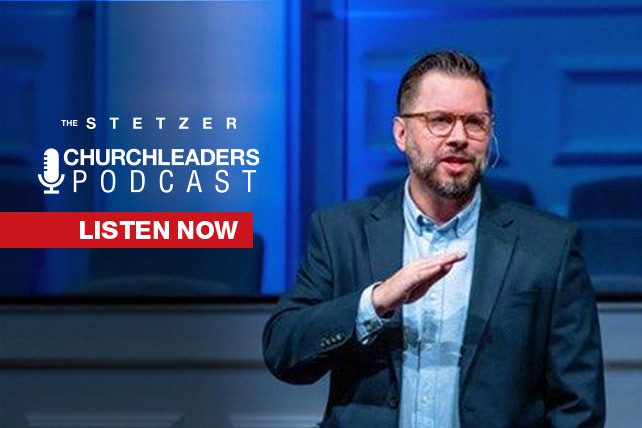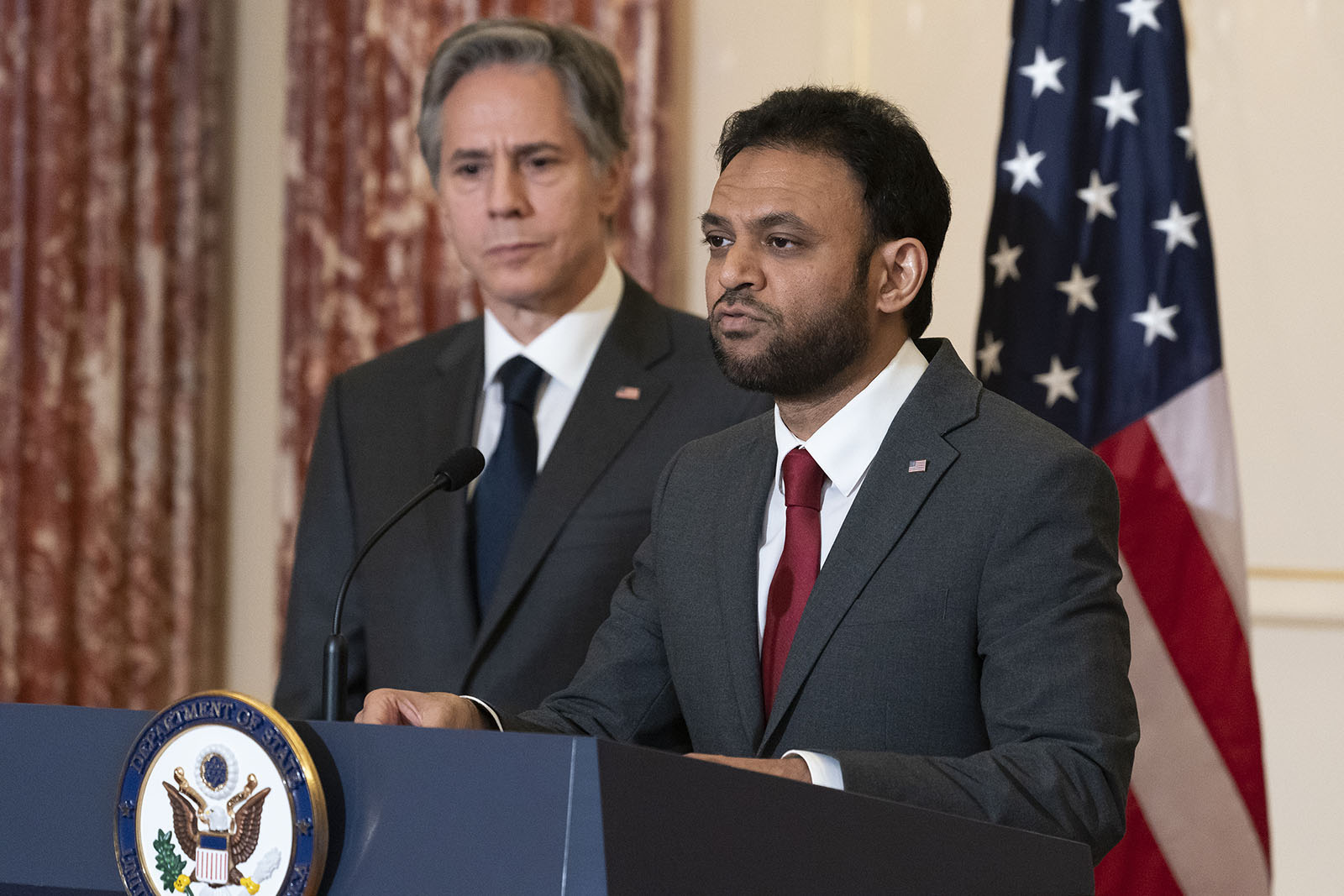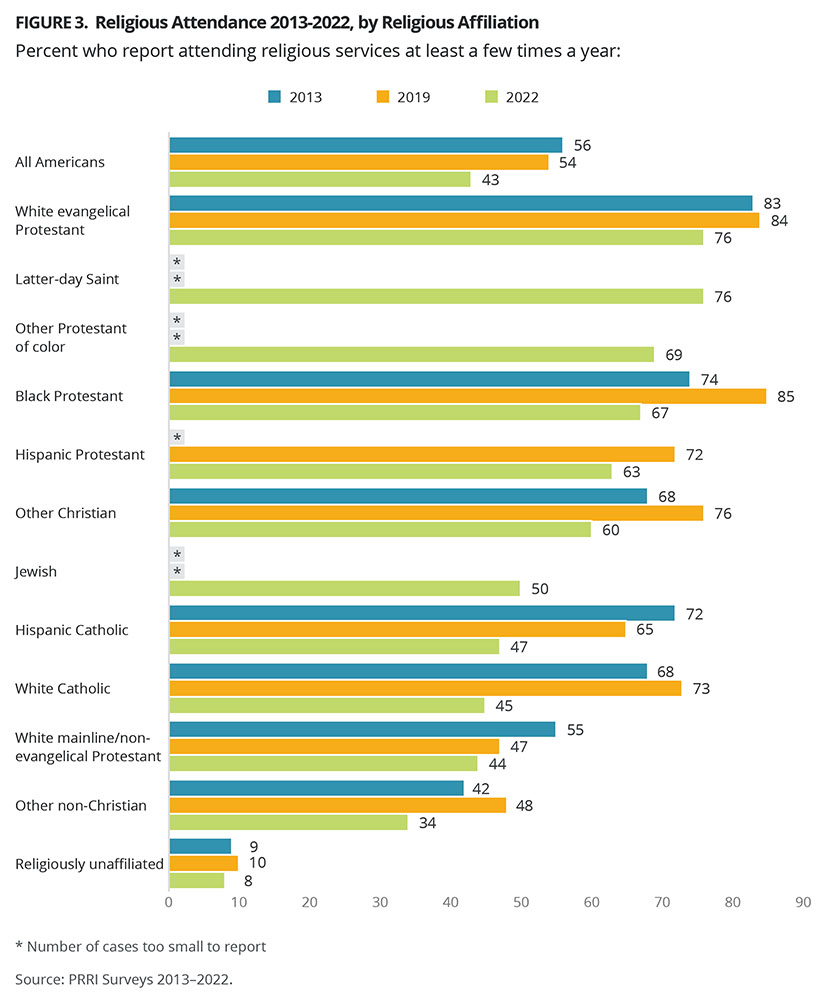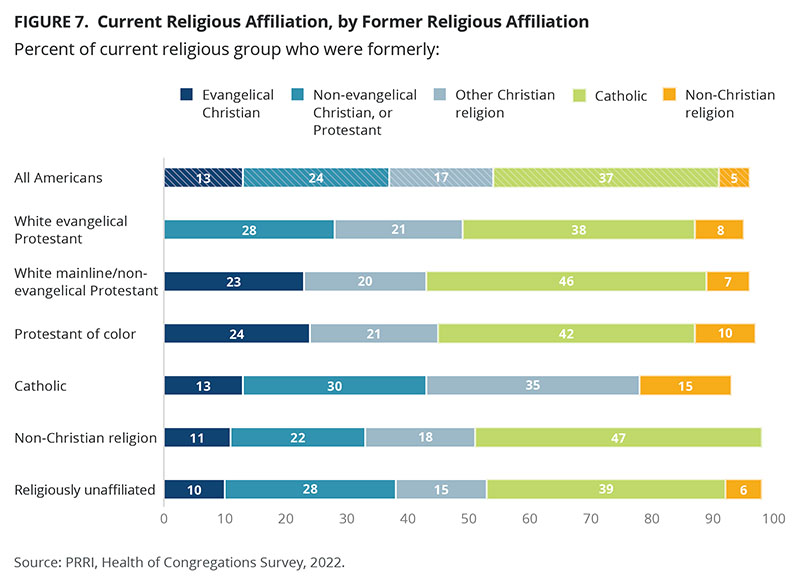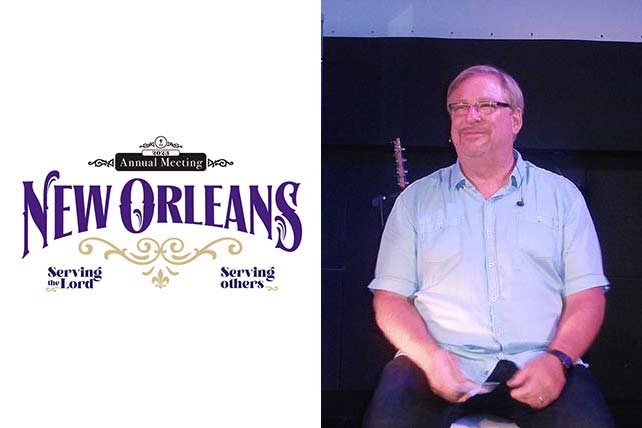Editor’s note: Dr. Tim Keller passed away the morning of Friday, May 19. See the following article for further information: “Pastor Tim Keller Dies at 72 After Battling Pancreatic Cancer.”
UPDATED May 17, 2023: Author and pastor Dr. Tim Keller is back in the hospital after initially being released following health complications from his cancer treatment. His son, Michael Keller, tweeted an update on May 16.
“A brief health update on my Dad: After being released from the hospital on Saturday, he returned late Sunday night to receive additional care,” said Michael. “Please continue to pray for his recovery.”
A brief health update on my Dad: After being released from the hospital on Saturday, he returned late Sunday night to receive additional care. Please continue to pray for his recovery.
-Michael Keller
— Timothy Keller (@timkellernyc) May 17, 2023
ChurchLeaders original article written on May 15, 2023, below.
Kathy Keller, wife of author and pastor Dr. Tim Keller, revealed on social media Saturday that her husband is recovering at home after a stay in the hospital.
“Tim is out of the hospital and recovering at home after complications from his treatment,” said Kathy. “Please continue to pray during this slow recovery.”
Tim is out of the hospital and recovering at home after complications from his treatment. Please continue to pray during this slow recovery.
-Kathy Keller
— Timothy Keller (@timkellernyc) May 14, 2023
Hundreds of people responded with encouragement, saying that they were praying that God would restore the pastor to health and bring peace to him and his family.
RELATED: Tim Keller Answers Questions on Theology, Abortion, Ministry Hurt, Health, and More
Dr. Tim Keller Battles Pancreatic Cancer
Dr. Tim Keller, 72, is the founding pastor of Redeemer Presbyterian Church in New York City and the author of numerous books, including “The Reason for God” and “The Meaning of Marriage.” In June 2020, he announced he had been diagnosed with pancreatic cancer. Keller underwent chemotherapy that year and in May 2021 had surgery to remove some nodules. He continued chemotherapy, which was successful in reducing, but not eliminating, his cancer.
In June 2022, Keller began an immunotherapy trial at the National Cancer Center in Bethesda, Maryland. “This has shown great promise in potentially curing cancer,” Keller said at the time, “though it is a rigorous and demanding month-long program (that will need updates up to 6 months).”
During that trial, Keller suffered a health scare that put him in the hospital and prompted his son, Michael, to ask for prayers. While “things were scary for a bit,” said Michael, “God was gracious, working through your prayers and the skill of the doctors, and now he is doing much better.”
In January, Keller shared that he was participating in a drug trial, and in March, he revealed that during the month of April, he would return to “a variation” of the immunotherapy he underwent last summer. “It was successful in eradicating 99% of the tumors,” said Keller. “However, new tumors have developed. They are unfortunately in some fairly inconvenient places, so the doctors encouraged us to go through the treatment again, this time targeting a different genetic marker of the cancer.”

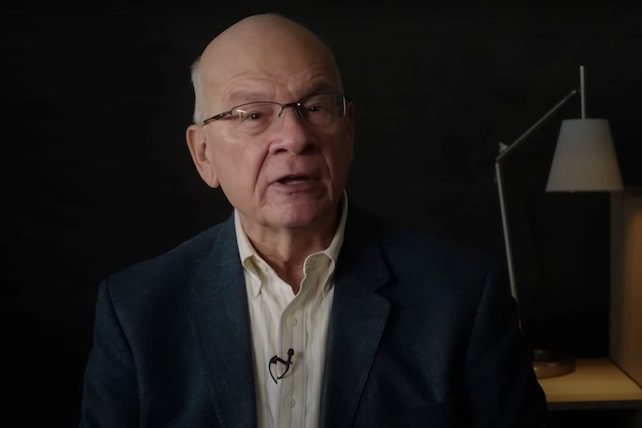
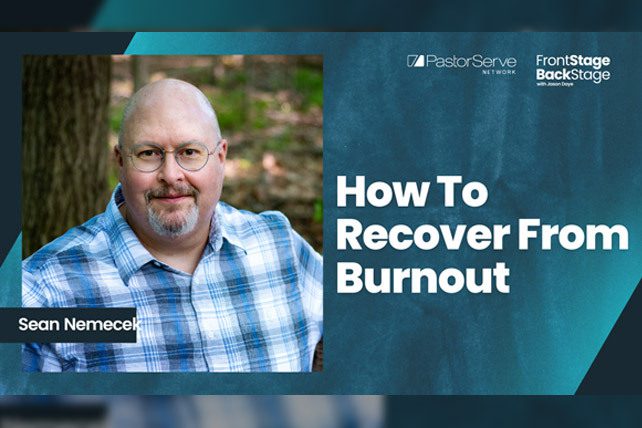
 As pastors and ministry leaders, how do we recover from periods of high stress, great anxiety, and even burnout? In this week’s conversation on FrontStage BackStage, host Jason Daye is joined by Sean Nemecek, Regional Director for Pastor-in-Residence Ministries. Sean is the author of “The Weary Leader’s Guide to Burnout.” Together, Sean and Jason explore one of the biggest mistakes that leaders make when it comes to burnout. They also discuss the importance of finding safe spaces for recovery, and Sean shares the hope of never burning out again.
As pastors and ministry leaders, how do we recover from periods of high stress, great anxiety, and even burnout? In this week’s conversation on FrontStage BackStage, host Jason Daye is joined by Sean Nemecek, Regional Director for Pastor-in-Residence Ministries. Sean is the author of “The Weary Leader’s Guide to Burnout.” Together, Sean and Jason explore one of the biggest mistakes that leaders make when it comes to burnout. They also discuss the importance of finding safe spaces for recovery, and Sean shares the hope of never burning out again.